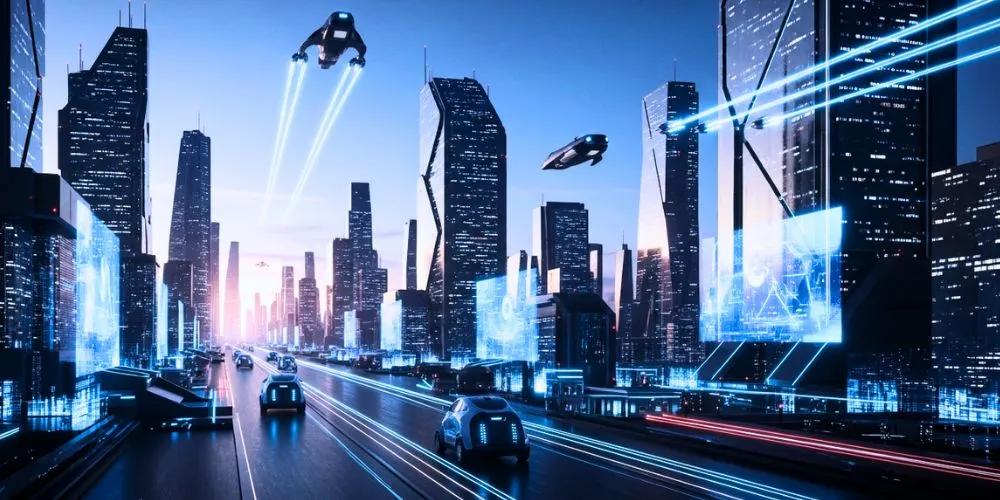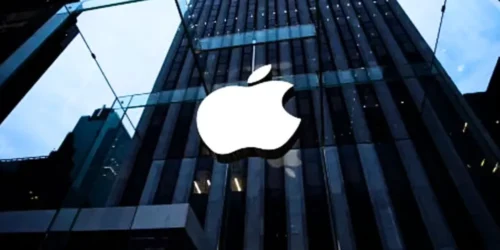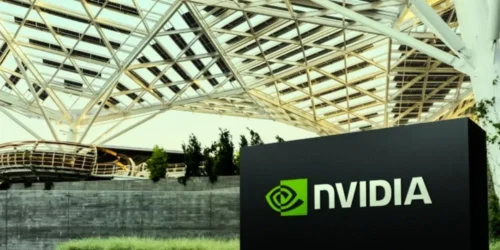We are a society obsessed with the promise of a technological utopia just over the horizon. We dream of a future with flying cars, disease-free lifespans, and fusion energy, a world where technology has solved all of humanity’s stubborn, messy problems.
This forward-looking optimism can be a powerful motivator for innovation. But it also has a dangerous side effect: it allows us to become complacent about the urgent, solvable, and deeply unglamorous problems of the present. Our collective fixation on a dazzling, high-tech future is distracting us from the critical work we need to do today with the tools we already have.
Consider the challenges we face right now. Millions lack access to clean drinking water, our public transit systems are crumbling, and our power grids are vulnerable to extreme weather.
The solutions to these problems are not mysterious or futuristic. They involve well-understood engineering, sustained investment in basic infrastructure, and the political will to act. Yet, these projects are often seen as less exciting than funding a startup that promises to upload our consciousness to the cloud.
We are more interested in colonizing Mars than in ensuring our cities are livable and resilient. This “solutionism” mindset, the belief that a brilliant, disruptive technology will inevitably arrive to save us, absolves us of the responsibility to engage in the difficult, incremental work of civic maintenance and social improvement.
We must strike a better balance. While we should continue to dream of and invest in the future, we cannot afford to use that dream as an excuse to ignore the present. A society that cannot fix its potholes is unlikely to build a stable colony on another planet.













